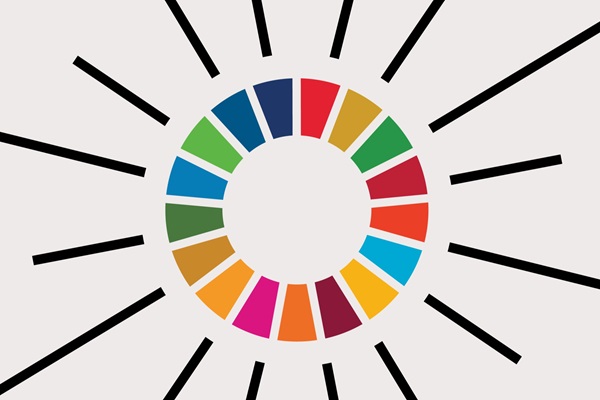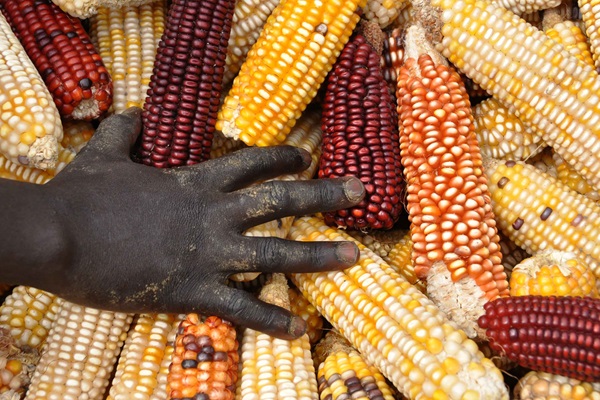News

New landmark study presents globally relevant metrics to inform strategies for plant genetic resources
23/10/2023
The Secretariat of the International Treaty released a study, The plants that feed the world – Baseline data and metrics to inform strategies for the conservation and use of plant genetic resources for food and agriculture, bringing together crucial data on over 350 food and agricultural crops, made possible in collaboration with the Alliance of Bioversity International and CIAT and the Global Crop Diversity Trust. This is the first time that databases from various global sources have been pooled to create a comprehensive set of metrics to help inform decision-making in managing plant genetic resources for food and agriculture. Read more here.

World Food Day 2023
02/10/2023

The World Biodiversity Summit: Partnering for Nature
21/09/2023

On the road to net zero emissions with agrifood system solutions
20/09/2023

Developing a roadmap for Global Biodiversity Framework (GBF) Target 2
19/09/2023

SDG Summit: FAO Ministerial Dialogue underscores the links between biodiversity, climate and food security
19/09/2023

Nature Driving Economic Transformation
17/09/2023
Launched at the SDG Summit, the High Impact Initiative on Nature Driving Economic Transformation aims to bring together countries undertaking significant economic shifts, and catalyzing a global movement in evidence-based policies and investments for an inclusive green transition that accelerates progress on the SDGs, recognizes and supports nature contributions and dependencies, and reduces related risks to support a Biodiversity Economy. Overview of SDG Action Weekend; Overview of all High Impact Initiatives; High Impact Initiative: Nature Driving Economic Transformation. Live Webcast on Sunday at 11:45 AM Eastern Time (6:45 PM Eastern Africa Time).
-min.tmb-th600x400.jpg?Culture=en&sfvrsn=acada1a_1)
Invasive Alien Species Pose Major Global Threats to Nature, Economies, Food Security and Human Health
04/09/2023

FAO, CFI, Common Oceans at launch of GEF Global Biodiversity Framework Fund
01/09/2023

